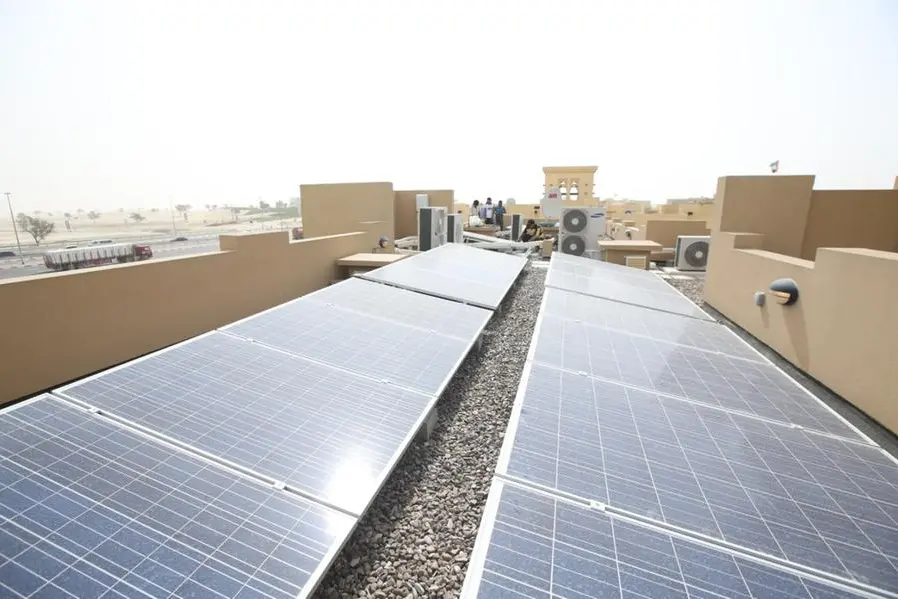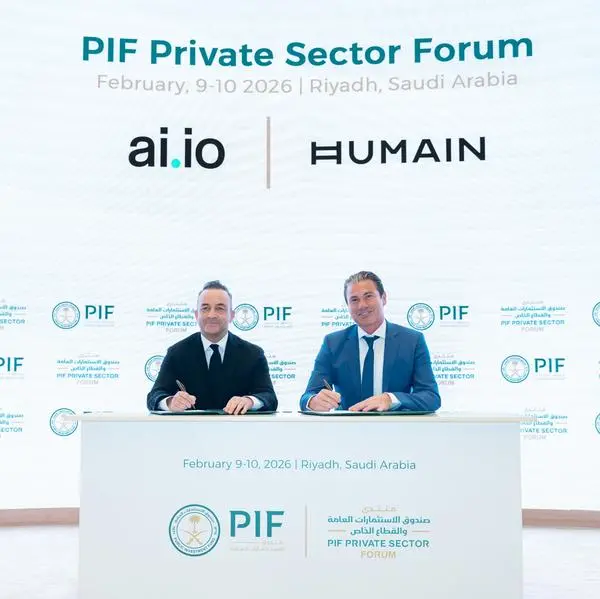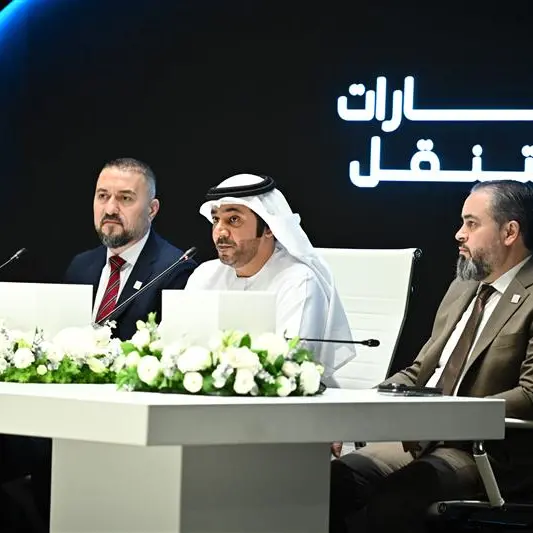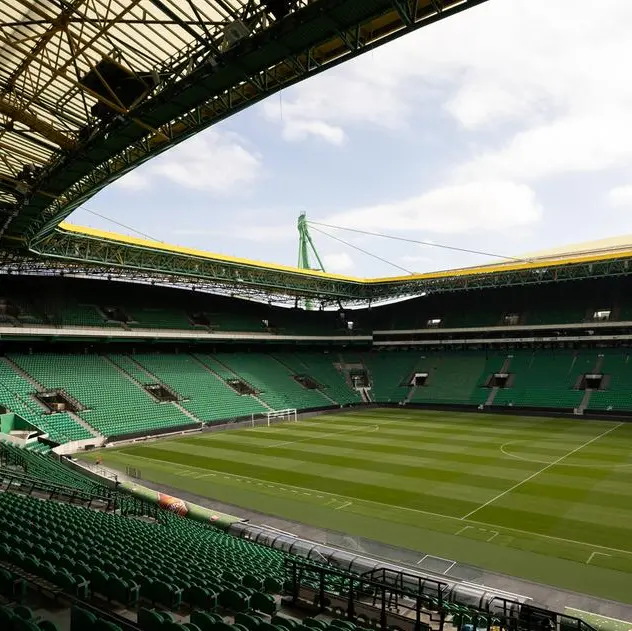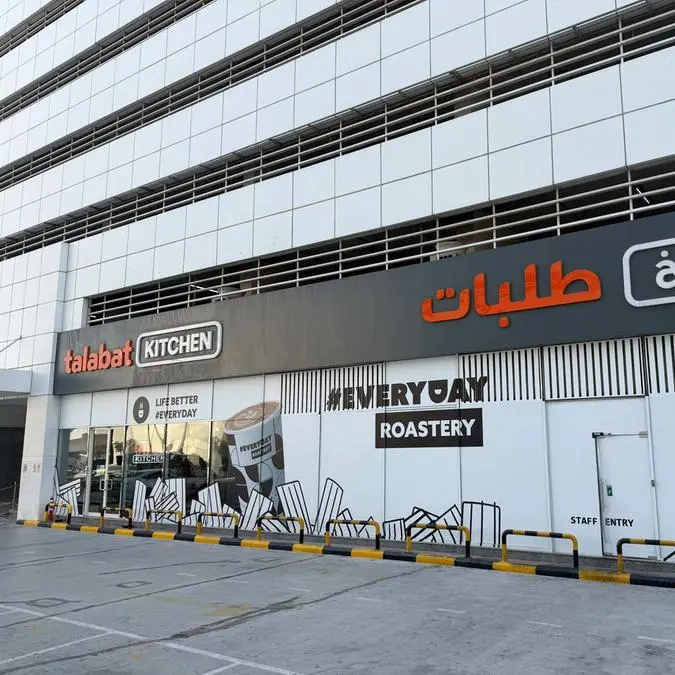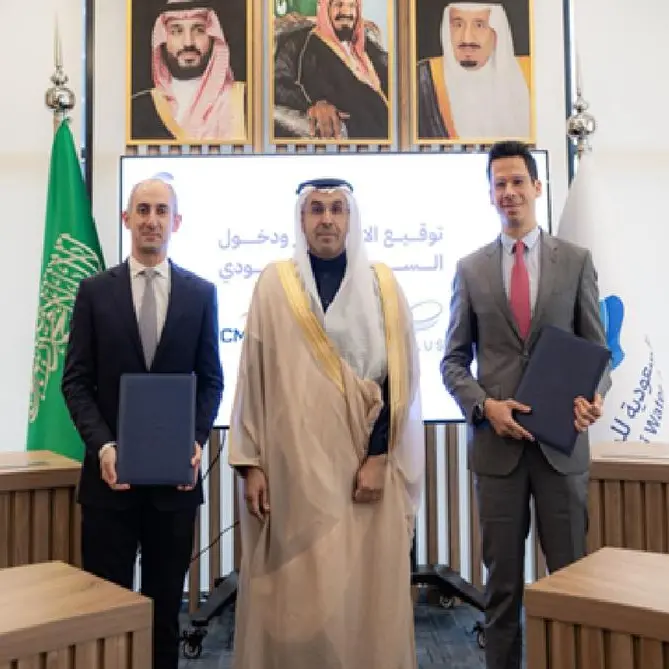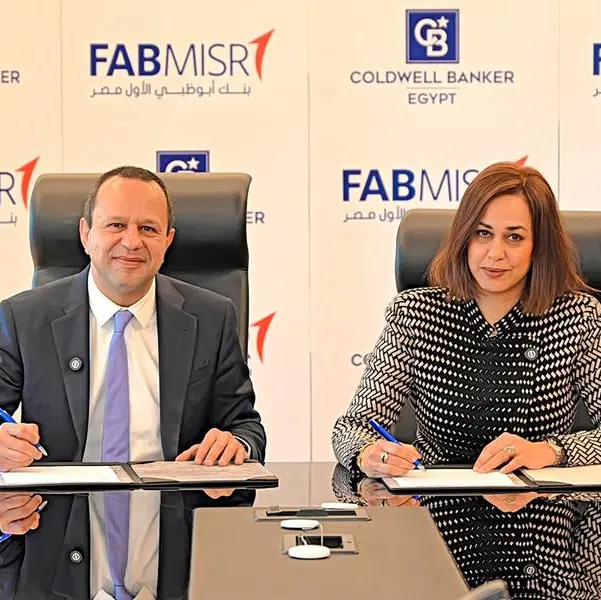PHOTO
Dubai, UAE: Dubai Electricity and Water Authority (DEWA) has made a significant achievement in improving electricity and water production efficiency, by 41.73% in 2023 compared to 2006. This equates to a cumulative reduction of 92.5 million tonnes of carbon dioxide emissions between 2006 and 2023, equivalent to planting 484 million trees required to absorb this amount of CO2 emissions.
DEWA produces electricity and water using co-generation technology. Heat Recovery Steam Generators (HRSG) harness waste heat from gas turbines to generate additional electricity and provide thermal energy for the water desalination process. DEWA also employs an innovative hybrid system for water desalination plants, integrating various technologies such as Multi-Stage Flashing (MSF) and Sea Water Reverse Osmosis (SWRO), ensuring optimal efficiency and minimising costs throughout the plant’s lifecycle.
In addition to raising the production efficiency in natural gas power plants, DEWA has succeeded in increasing the efficiency of photovoltaic solar panels. Its initial projects used the first generation of photovoltaic panels with a thin film technology and with an efficiency of only 11%. DEWA’s has used the latest advanced technology in terms of autonomous cleaning robots, solar tracking system and photovoltaic panels with mono-bifacial technology that has an efficiency of more than 22%.
DEWA adopts the latest smart tools and technologies to enhance the capacity and efficiency of the generation plants as well as the transmission, distribution, and control networks for electricity and water. Innovation is an essential pillar for developing DEWA’s services, initiatives, strategies, and business plans, contributing to strengthening DEWA’s competitiveness and achieving customers’ happiness. DEWA utilises the latest disruptive technologies to increase the efficiency of energy production. In 2023, losses from electricity transmission and distribution networks were reduced to 2.0% compared to 6-7% in Europe and the USA. Water network losses reached 4.6% compared to around 15% in North America. DEWA has achieved a new world record in electricity Customer Minutes Lost (CML) per year. Dubai recorded 1.06 minutes per customer, compared to around 15 minutes recorded by leading utility companies in the European Union.
Reducing the carbon footprint
Reducing the carbon footprint requires efforts in key sectors, including energy and water, by expanding solar energy production in addition to energy storage and carbon capture technologies in fossil fuel power plants. Efforts in the transport sector must include increased vehicle efficiency standards, and the shift to electric and hydrogen-powered vehicles, while enhancing the use of public transport. The industry sector must transition from fossil fuels to electricity and green hydrogen.
Shams Dubai
DEWA aims to increase the share of renewable energy by installing photovoltaic solar panels on the roofs of buildings. This project aims to generate clean energy and reduce dependence on fossil fuels, which reduces carbon dioxide emissions and achieves savings for customers.
Dubai Demand Side Management Programme
DEWA established Etihad ESCO (building retrofitting)
DEWA has launched a comprehensive energy demand management programme as part of its efforts to achieve the highest levels of energy efficiency. This programme includes initiatives aimed at raising public awareness on the importance of conserving energy consumption and providing innovative solutions that help achieve this goal. The programme also covers improving cooling and lighting systems in government and commercial buildings, which reduces energy consumption and carbon emissions.
Smart Grid initiative
DEWA is developing a smart grid infrastructure, which provides many environmental and economic benefits. These grids help improve the efficiency of energy transmission and distribution, reduce losses, and improve electrical load management. Smart grids also support the integration of renewable energy sources into the electrical grid, which enhances the sustainability of Dubai's energy system.
Desalination projects using solar energy
DEWA is implementing water desalination projects using solar energy, in line with Dubai's vision to be a leader in using clean technology. This project aims to reduce dependence on fossil fuels in water desalination, which reduces the carbon footprint and achieves the sustainability of water resources.
Energy and water use efficiency
The efficient and effective management of energy is a main focus of DEWA’s sustainability blueprint, and it constantly bids to improve energy efficiency within its premises. Towards this goal, DEWA has implemented a number of energy efficiency initiatives and projects, including retrofitting of office buildings, transmission substations, pumping stations, reservoirs, and power generation plants. The retrofitting exercise included replacing old cooling and air conditioning systems with other highly efficient systems; replacing low-efficiency lighting units with high-efficiency LED units (more than 81,000 lighting units), installing sensors to facilitate illumination control, fixing water aerators, incorporating Treated Sewage Effluent (TSE) water plants for landscape irrigation, and installing photovoltaic solar panels on rooftops of buildings and car parks at various office premises.
